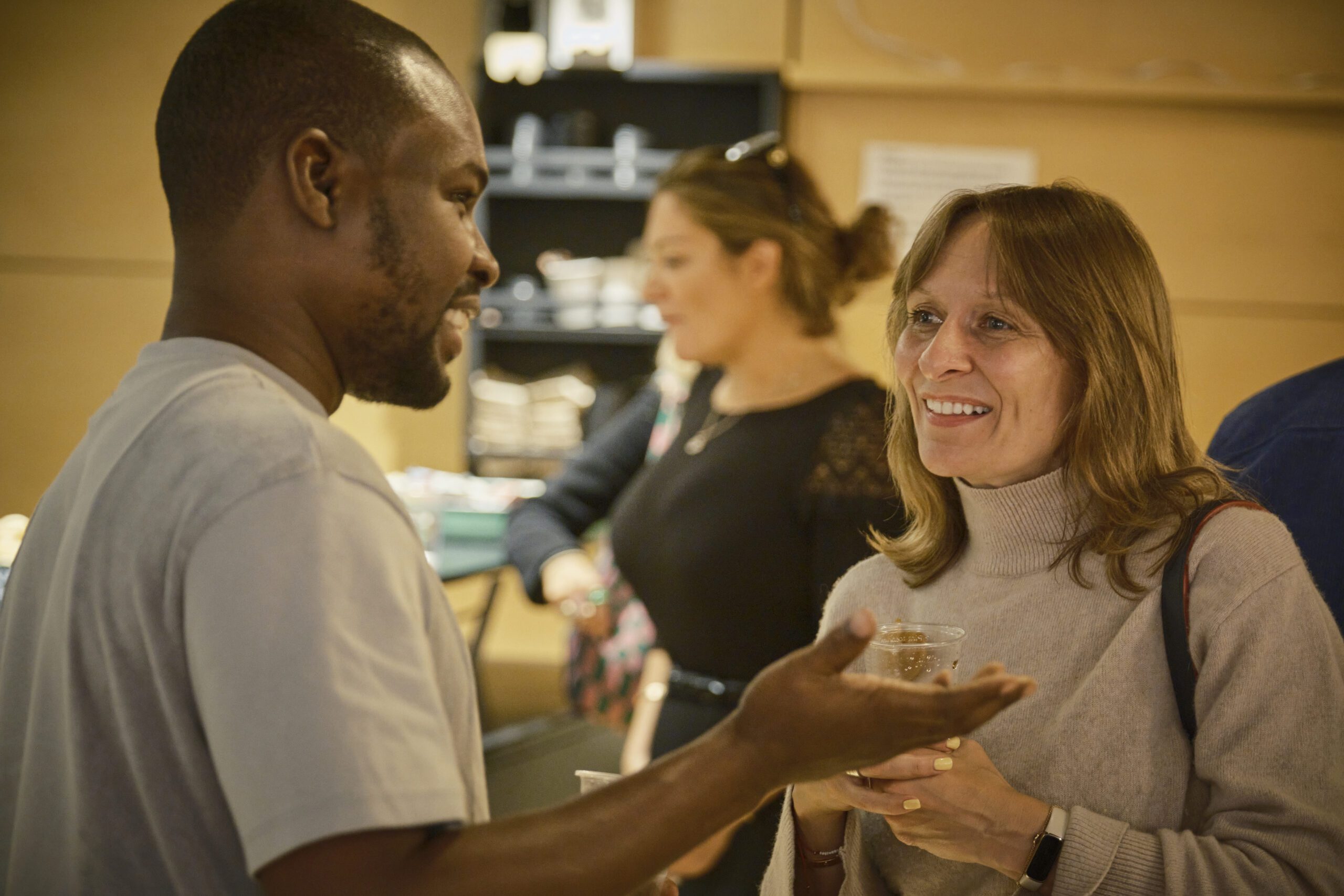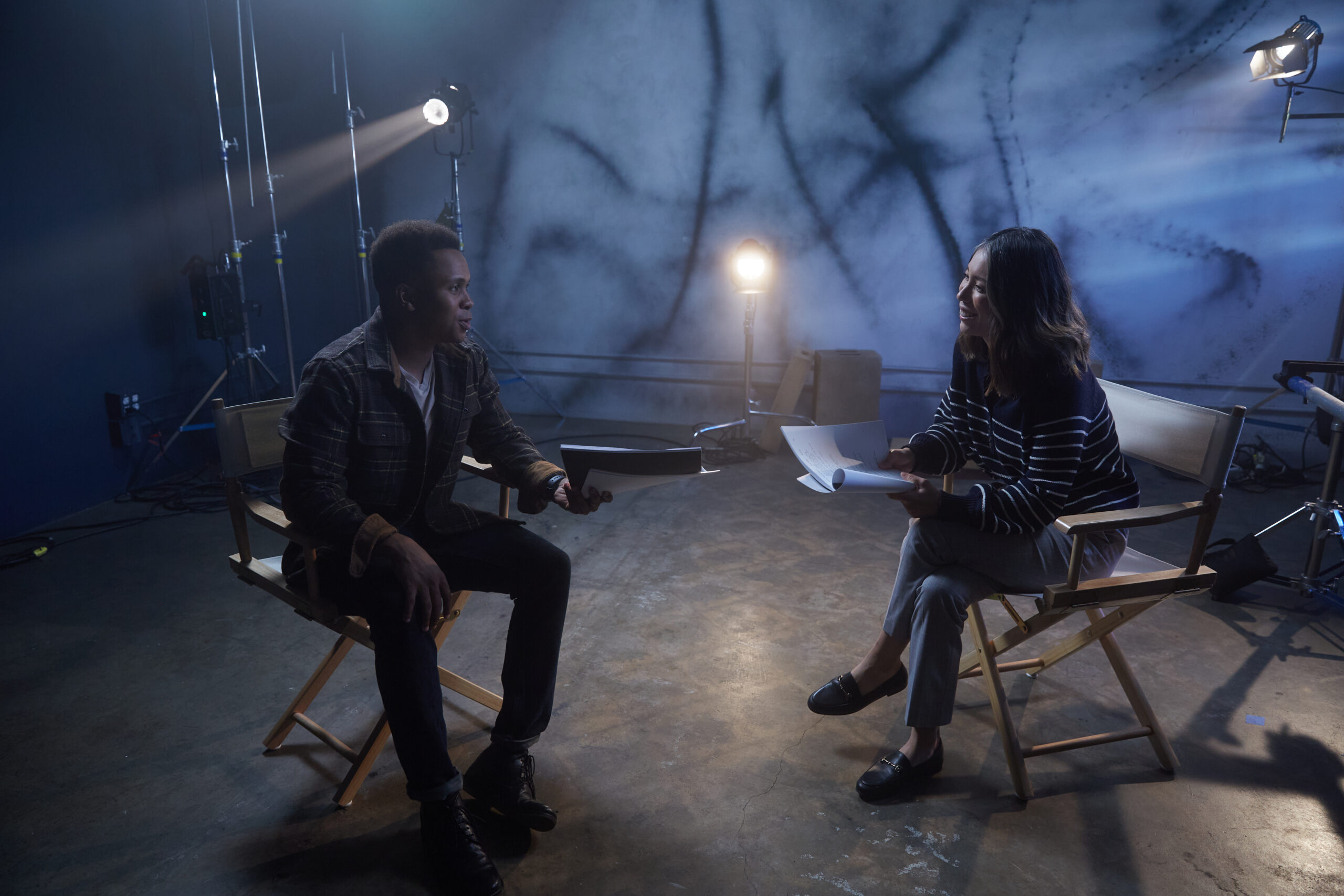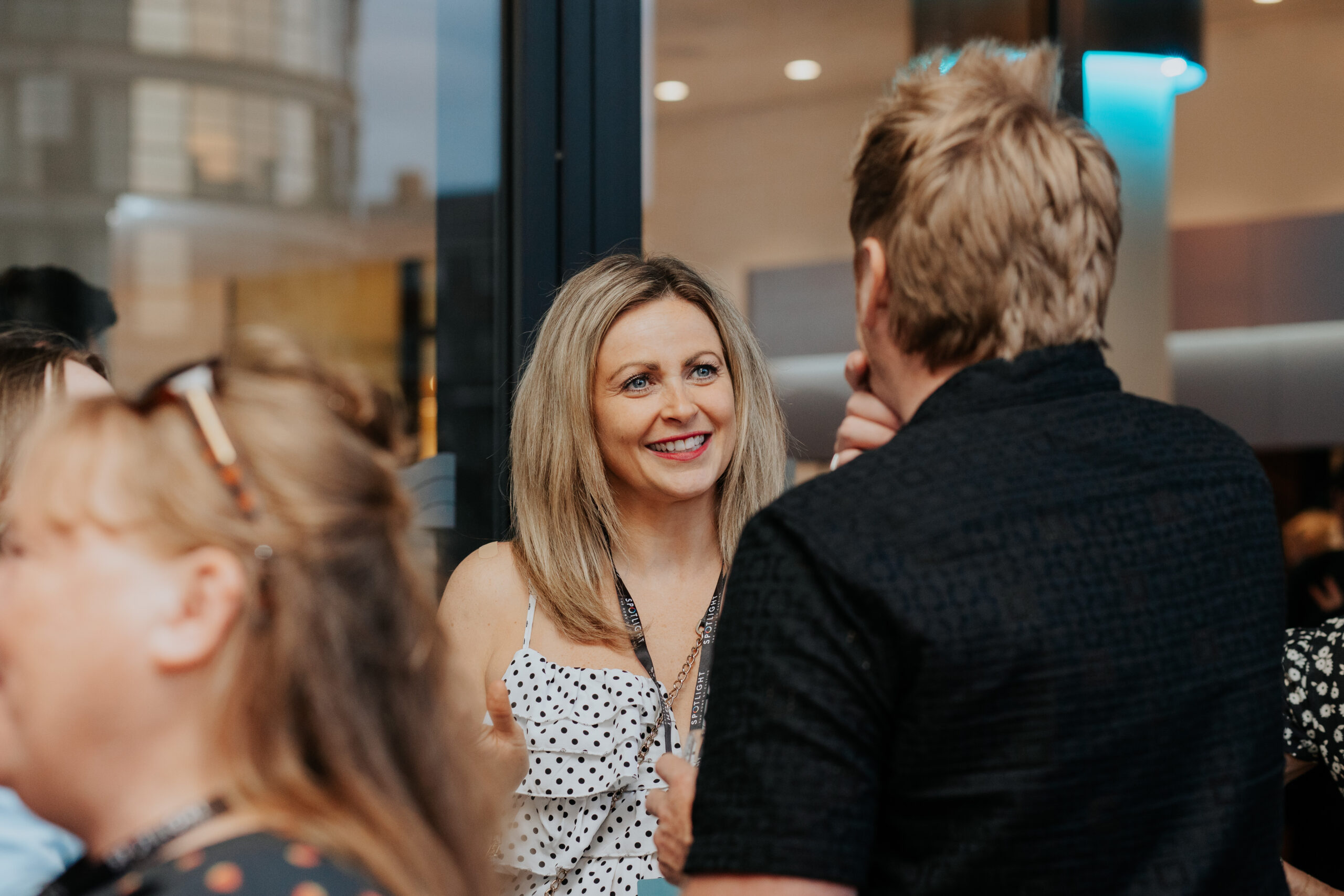An actor’s guide to different types of professional representation, including traditional agencies, co-operative models and self-representation.
Agents are all the same… Aren’t they?
If you’re struggling to decide on what representation will work for you and your career, this article looks at some of the key considerations for performers. Drawing on my own experience, I examine various types of representation and explore agency size, exclusivity agreements, the choice between specialist and generalist agencies, as well as the unique needs of artists with disabilities.
I’ve written this article to empower performers to make informed decisions about their professional representation.
Jump to a section:
Types of Representation
Agency representation: In simple terms, traditional representation means the agent sends you auditions, you turn up and (hopefully) book the job.
Co-operative agencies: A group of actors who also work as agents acting for the agency. Everyone is each other’s agent. Whether you’re performing or not, you’ll be earning income through commissions from other performers working because you represent each other. You’ll work and do admin for the others too. This can demand a higher time and energy commitment from you than a traditional agency.
Self-representation: You’ll submit yourself for work, negotiate your own contracts and handle payments.
You could also have a hybrid model of representation. For example, I have an agent and I’m also self-represented for certain genres.
You might feel that one relationship is more than enough for your plate. I have an actor friend who is represented by four agencies for the same genre. Despite the overlap or even conflict of interests (four different companies potentially suggesting you for the same auditions), they find it does work. The key ingredient is elbow grease. The more partnerships you have, the more effort you must put in to make sure the relationships run smoothly.
Agency Representation: Small, Medium, or Large?
Like fries, agencies come in all shapes and sizes. Unlike fries, their characters and personalities will be vastly different depending on their size and reach. An agency with UK offices and an overseas presence will have a different feel from an agency with a more local footprint.
Is it important for you to be able to physically meet with your agent in person? If you live locally to them, that sounds possible. If your desire is to have a world-renowned representative whose base is in the USA and you live in London, you’ll have to sacrifice in-person contact.
Decide what you want and work out if it’s what you need for your career.
Does Exclusivity Matter?
If your agent has an exclusivity policy, you won’t be able to work as a performer unless the work is booked through them. Their policy may also include web presence, which means no website of your own or social media.
The terms are simple enough. If you’re represented by an all-rounder agent under an exclusive contract, you can only get work as a performer through them. However, if you have exclusive representation for a specific genre, like stunt work or script writing, you may still be able to have another agency in a different genre, a generalist, or represent yourself for other types of work.
Exclusivity doesn’t work for me personally, as my work comes to me in two different ways. For singing, clients tend to approach me directly through my website, but my work for acting on stage, TV and voice over comes to me via my agency. Sometimes there’s an overlap – for example, when I’ve sung on TV. Those bookings have been made through my agent. It’s a delicate balance, but I love having my cake and eating it.
Should I Pick a Specialist or General Agency?
Modelling is an example of where there is specialist representation, whereas other agencies handle a multitude of the performing arts.
I’m a soprano singer, an actor, a voiceover artist, a writer and a radio broadcast presenter. The idea of having five agencies representing me for different work equals potential chaos. So I chose to be represented by one general agency. However, if you’re a theatre actor through and through, an exclusively theatrical agency may suit you.
The decision depends on the kind of performer you are and how complex a set of relationships you’re prepared to manage. Ask yourself: How do I see my future? Am I happy with my current niche, or do I see myself expanding into other art forms? Your answers can be a significant factor in deciding the type of agency that will help you grow.
The more diverse in genres of the agency, the more possibilities there will be.
Disability Agency or Mainstream?
I’m a blind performer and proud of it. I’m known as a ‘blind soprano’. My jobs-to-bookings ratio is higher when auditioning for disabled roles, and part of my prowess with voices and accents is a result of being a diligent listener for my entire life.
I have a visible disability and, even if I could play able-bodied parts, I’d feel odd doing that. If I had a mainstream agent, they would have to understand that I play blind characters. How are casting directors going to even find me – their ‘perfect blind female lead’ – unless by accident? While there are daily challenges, I know my disability is one of my assets and strengths, so it makes perfect sense to me to be represented by an agency known for championing disabled artists.
On stage and on set, I have specific access needs. At a mainstream agency, I might have to do more self-advocacy than I currently do. I’m aware of other disabled artists with mainstream representation who do get complex needs met, so it is possible to make it work.
Whether your disability is hidden or visible, you may be comfortable and able to play both disabled and able-bodied characters. You may be proud to be known as a disabled performer, or you may feel your disability is no one else’s business but yours. You may have recently acquired a disability and are discovering what it means to you. Even the word ‘disability’ may put you on edge. If you decide to get a mainstream agent, make sure they’re able to meet your needs both as a performer and as a person at work. Trust me when I say that this matters!
If your disability is part of your brand, an agency known for disabled performers makes sense. This decision will depend on how you market yourself. If you’re a disabled performer, you have the choice between using your challenges as strengths or succeeding without highlighting them.
Personal Fit
If you decide agency representation is for you, be sure to check the terms and conditions with a fine-tooth comb. If your agency chooses to contract with you verbally to begin your relationship, take care to ask the right questions.
Wherever you are on this journey, the decision to go mainstream or not is massive, but doesn’t have to last forever. Whatever you decide, make sure it’s you and not someone else deciding what you do because they think they know what’s best for you.
When considering agents, remember you’re auditioning them too to see if they’re right for the part of your agent. Even if you have half a dozen firms with the same offerings and an identical standpoint on your shortlist, they’ll each have their own personality, just as you do. Put time, care and attention into your decision, just as agencies do when picking new talent.
 Born in Zambia and blind/visually impaired almost from birth, soprano singer, actor, radio broadcast presenter and voiceover artist Sandra Gayer was trained in voice, piano and Braille music at the Royal College of Music. Using her voice in every area of her career, Sandra has appeared in a wide variety of arenas, including theatrical and classical productions, TV and radio broadcasts. Sandra was a guest soloist on BBC Radio 3 and the voice of ‘Poem’ in J.K. Rowling’s ‘The Christmas Pig’. Sandra is represented by VisABLE People.
Born in Zambia and blind/visually impaired almost from birth, soprano singer, actor, radio broadcast presenter and voiceover artist Sandra Gayer was trained in voice, piano and Braille music at the Royal College of Music. Using her voice in every area of her career, Sandra has appeared in a wide variety of arenas, including theatrical and classical productions, TV and radio broadcasts. Sandra was a guest soloist on BBC Radio 3 and the voice of ‘Poem’ in J.K. Rowling’s ‘The Christmas Pig’. Sandra is represented by VisABLE People.
Sandra also performed at The House of Commons, The Other Palace Theatre as ‘Calliope’ in the musical, ‘Orpheus the Mythical’ and at The Royal Albert Hall as a principal soloist in the opera, ‘Magna Carta – The Freedom Game’. Make sure to catch Sandra in ‘Inside No.9’ (Series 5, Episode 5) on BBC iPlayer. You can also find out more about Sandra at www.sandragayer.com
Headshot credit: Christine Barrass





